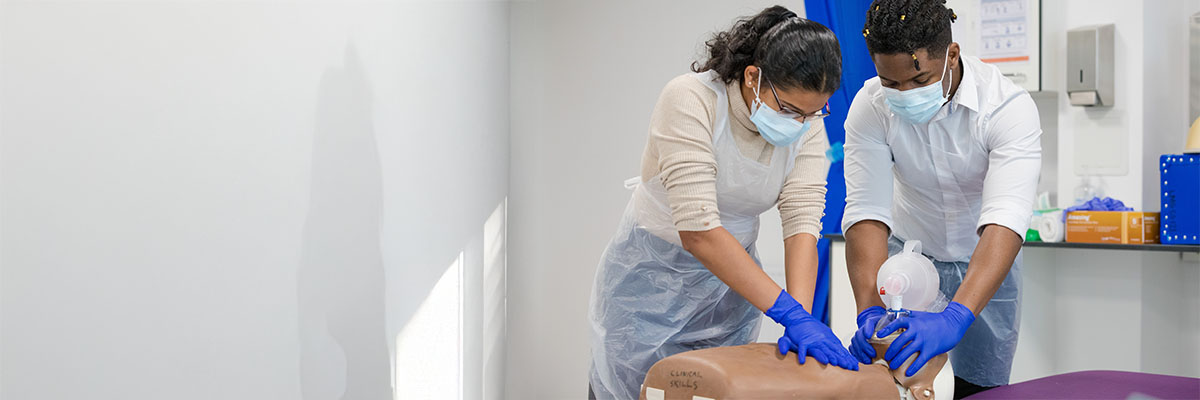We will consider applications from those who have taken longer than two years to achieve the required A-level (or equivalent) grades — including applicants who have:
- Retaken Year 12
- Resat A-levels
- Taken additional A-level subjects after Year 13
To be considered, resit applicants must:
- Achieve A*AA within three years of study
- Reflect on their circumstances in their UCAS personal statement
If you're applying during your resit year:
- You must have achieved at least ABB at first attempt, unless…
- You can provide evidence of exceptional circumstances, in which case BBB to CCC may be accepted
Note: COVID-19 alone is not considered exceptional.
We apply similar criteria to those resitting the IB or Scottish qualifications.
We do not accept GCSE resits unless exceptional circumstances are clearly evidenced at the time of application. For further guidance, please contact the Admissions Team.


